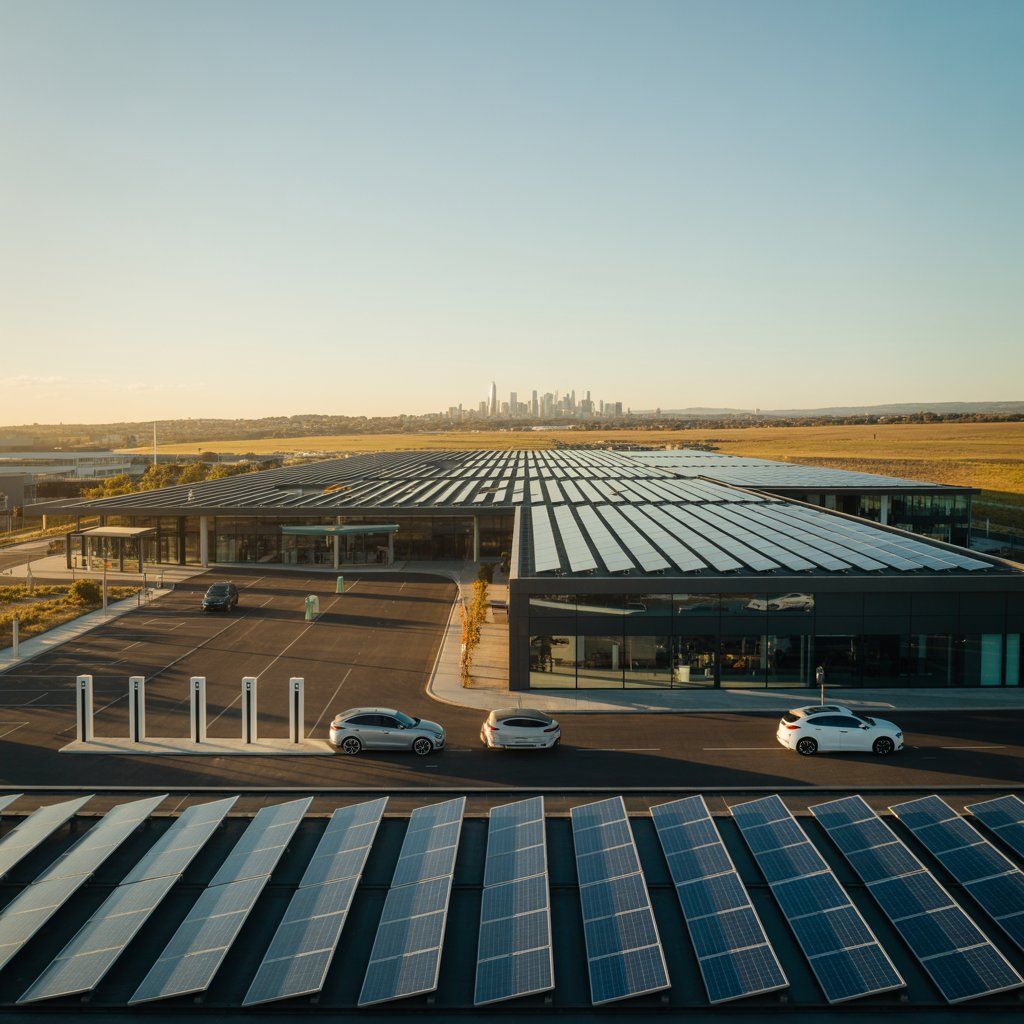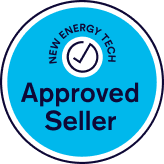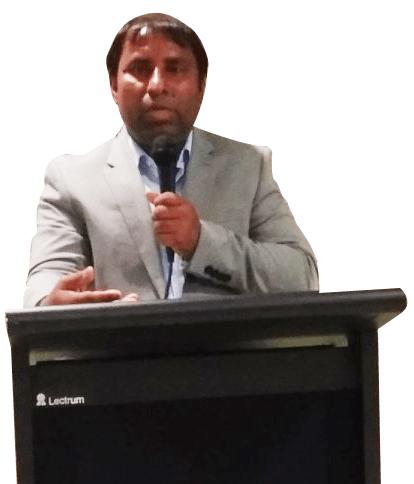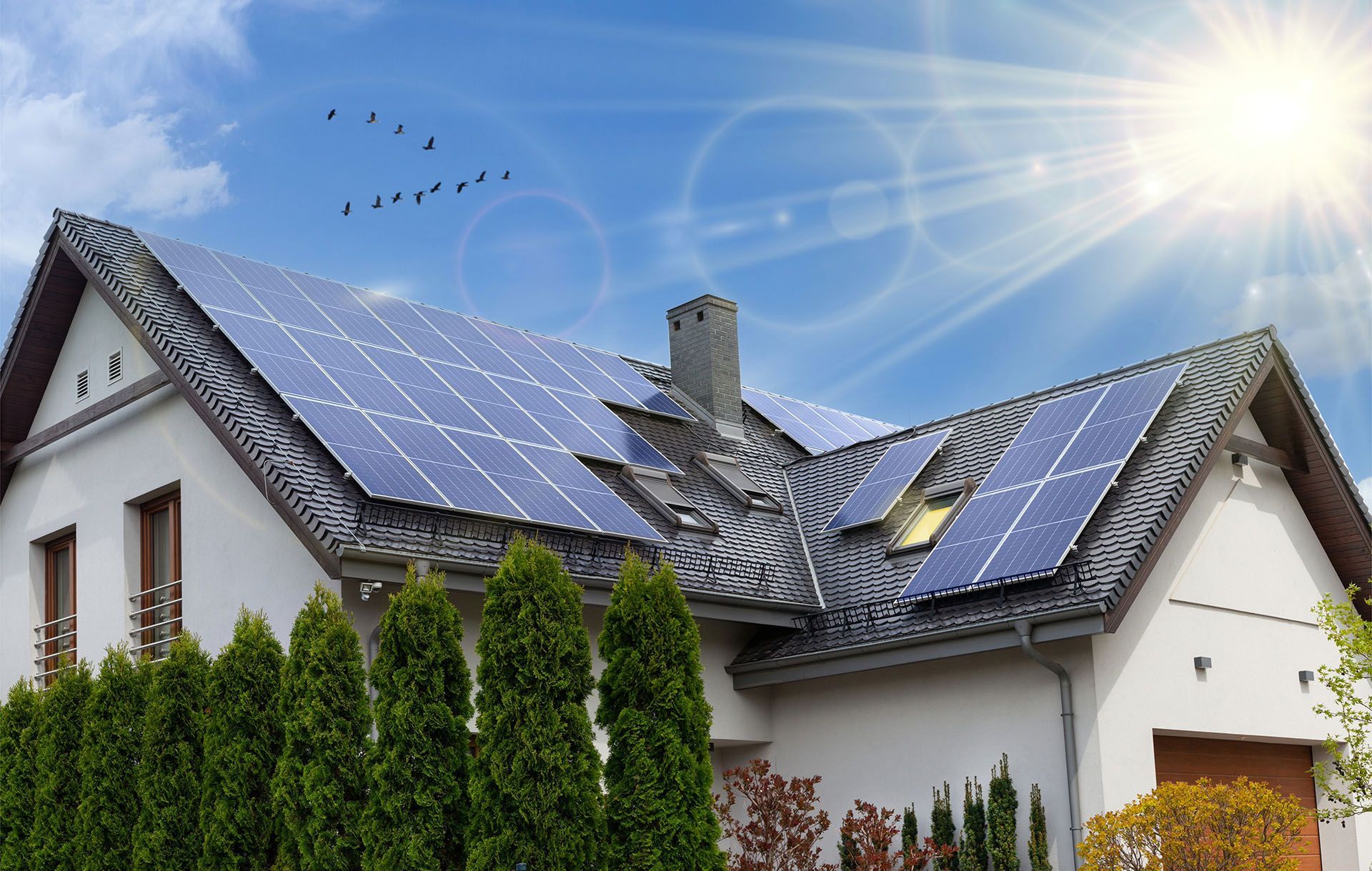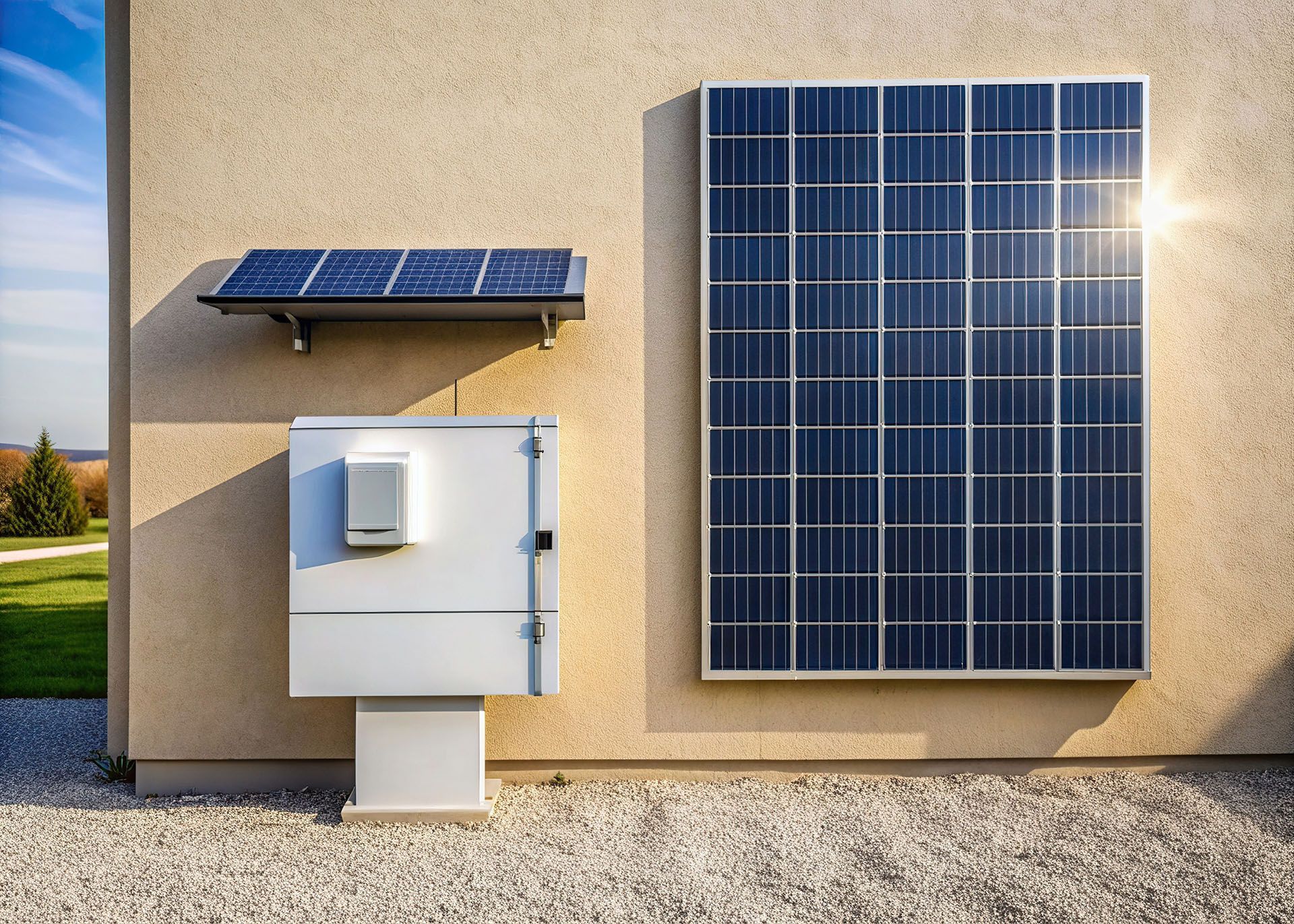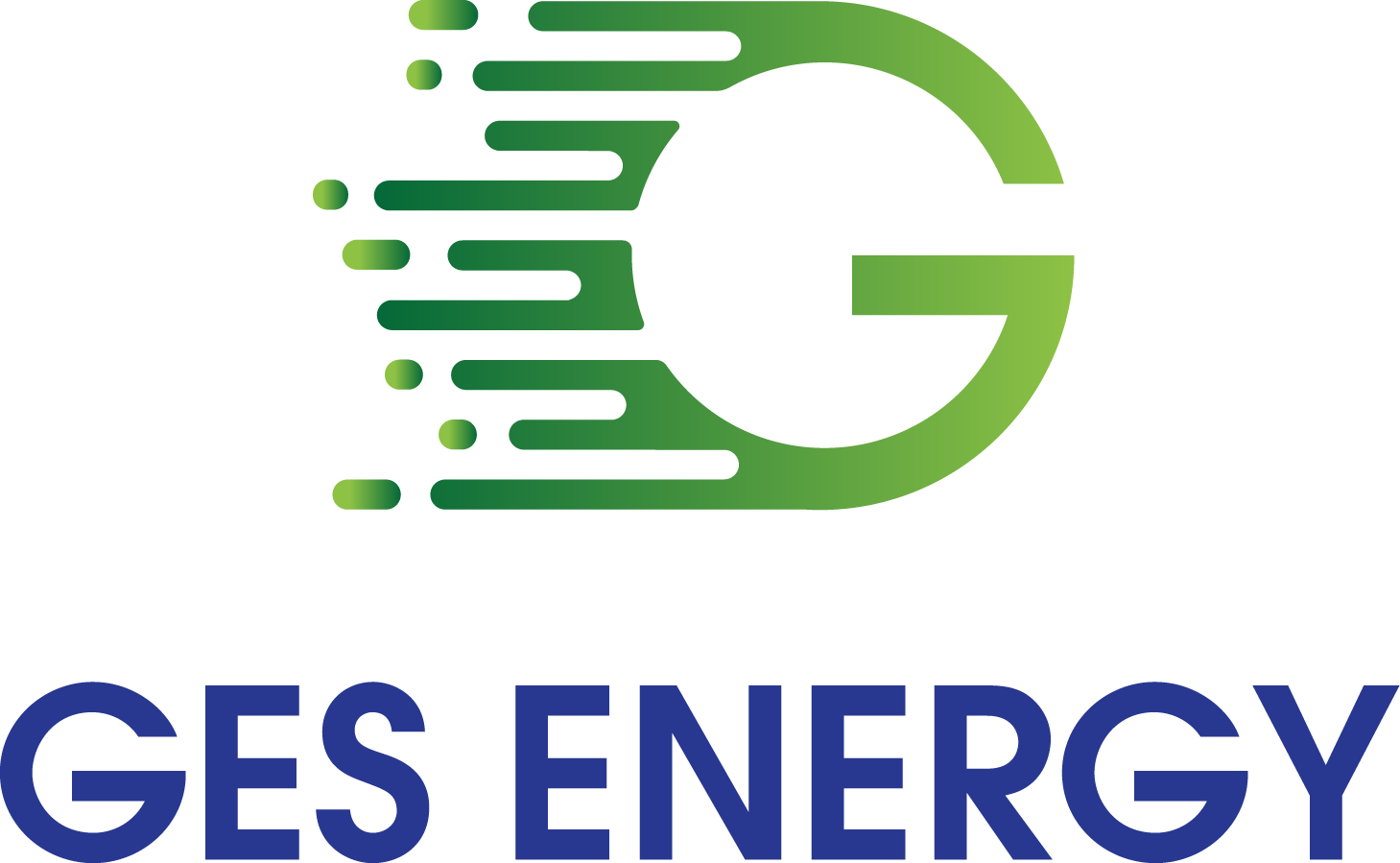Have A Question?
10 Surprising Facts About Going Off-Grid with Solar
Are you considering going off-grid with solar? If so, you're not alone! Many people are making the switch to renewable energy sources like solar power. But before you take the plunge, it's essential to understand some of the facts about going off-grid.
This blog post will share ten surprising facts about going off-grid with solar, along with other topics like the definition of off-grid solar, the difference between an off-grid and on-grid system, and more. By understanding these facts, you can make an informed decision about whether or not this is the right choice for you!
What is off-grid solar?
First, let's start with a quick definition of "off-grid solar." Off-grid solar refers to using solar panels and other equipment to generate electricity without connecting to the power grid. This means that you are not reliant on utility companies for your power needs.
There are many reasons why people choose to go off-grid with solar. For some, it's a way to save money on their energy bill. Others are motivated by environmental concerns. And still, others enjoy the independence that comes with being self-sufficient.
Whatever your reasons for considering off-grid solar, it's important to be well-informed before making the switch.
On-grid vs. Off-grid Solar System
The terms “on-grid” and “off-grid” solar refer to the connection of a solar energy system to the utility grid. On-grid systems are connected to the grid, while off-grid systems are not.
There are a few key differences between on-grid and off-grid solar systems:
Off-grid solar is more popular in rural areas: Since on-grid systems require a connection to the utility grid, they're not as common in rural areas where the grid isn't readily available.
Off-grid systems are less expensive: Since you don't need to pay for a connection, or extend power lines to the main utility grid, off-grid systems are typically less expensive.
Off-grid solar systems are more self-sufficient: Since off-grid systems are not connected to the grid, they're completely self-sufficient. This means that if there's a power outage, you'll still have electricity. And in some cases, you can even sell your excess electricity back to the grid!
On-grid solar systems can sell excess electricity back to the utility company: If your on-grid solar system produces more electricity than you need, you can actually sell the excess back to the grid! This is called net metering, and it's a great way to offset the cost of your solar system.
Now that you know a little bit more about going off-grid with solar, are you considering it for your home or business? Keep on reading to know the ten surprising facts about going off-grid with solar.
10 Facts About Going Off-Grid
01. Off-grid living is not as expensive as you think
Many people assume that going off-grid will be prohibitively expensive. But in reality, the upfront cost of installing a solar system is often offset by the long-term savings on your energy bill.

02. You can still use traditional appliances
One common misconception about going off-grid is that you have to give up all your modern conveniences. But this is not true! With a properly sized solar system, you can continue to use all the same appliances you're used to, from refrigerators and air conditioners to laptops and TVs.
03. Solar power is more reliable than you think
When most people think of solar power, they imagine panels covered in snow or sitting in the shade. But the truth is that solar panels are pretty reliable, even in cold or cloudy conditions. Germany - one of the world's leading countries for solar adoption - gets less sunlight than many other parts of the world yet still generates a significant amount of electricity from solar power.
04. You can go off-grid without owning your land
Another common misconception about renewable energy like going off-grid is that you need to own a large piece of property. But this is not the case! There are many ways to go off-grid, whether renting or leasing land, living in an RV, or even living in an urban area.
05 . There are many different types of solar systems
When most people think of solar power, they envision traditional photovoltaic (PV) panels. But there are many different types of solar systems available today. From portable and flexible panels to building-integrated photovoltaics (BIPV), there's a type of solar system that's right for everyone.
06. Solar power is becoming more affordable
As solar technology advances, the cost of going solar keeps dropping. It's now cheaper to go solar than ever before. And with government incentives like tax credits and rebates, the upfront cost of installing a solar system is often reduced even further.
07. Solar power is good for the environment
One of the best things about solar power is that it is a clean, renewable energy source. Unlike fossil fuels, solar power doesn't produce harmful emissions or contribute to climate change.
08. Solar power is an excellent backup for when the grid goes down
One of the most significant benefits of going off-grid system is that you're not reliant on the power grid. If there's a power outage, you'll still have electricity. And in some cases, you can even sell your excess electricity back to the grid!
09. Going off-grid is a big decision
As with any significant life decision. There are many factors to consider, from the upfront cost of installing a solar system to the ongoing maintenance required. But if you're prepared and informed, going off-grid can be a great way to save money, reduce your environmental impact, and become more self-sufficient.
10. Off-grid households are responsible for energy efficiency
If you’re not careful, an off-grid household can use a lot more energy than one that’s on the grid. One way to offset this is by using energy-efficient appliances.
Significant Components to Living Off-Grid
If you're considering making the switch to an off-grid lifestyle, you'll need a few significant components to make it work. Here's a quick overview:
Inverter: An inverter is a device that converts DC (direct current) power to AC (alternating current) power. This is important because most of the appliances and devices in your home run on AC power, not DC power.
Battery Bank: A battery bank is a collection of connected batteries. This is important because it allows you to store energy for later use. The amount of battery storage capacity you need will depend on a number of factors, including the size of your home, the amount of sun you get, and how much energy you use.
Charge Controller: A charge controller is a device that regulates the flow of electricity from solar panels to batteries. This is important because it prevents the batteries from being overcharged or damaged.
Solar Panels: Solar panels are devices that convert sunlight into electricity. This is important because it allows you to generate your power instead of relying on the electricity grid.
Now that you know the major components of an off-grid electricity system, you can start planning your off-grid lifestyle!
Factors to Consider Before Switching to Off-grid Solar System
Before you make the switch, there are a few things you should consider, like:
How much sun your location gets: If you live in an area with lots of sunlight, then an off-grid system may be best. However, if you live in an area with less sunlight, then an electricity grid or on-grid may be your only option.

How much money you’re willing to spend: Off-grid solar systems are typically less expensive than on-grid systems due to the cost of an additional electricity grid.
How much space do you have: Off-grid solar systems require more space than on-grid systems due to the need for batteries and other equipment.
Conclusion
Making the switch to renewable energy sources with off-grid is a big decision. There are a lot of factors to consider, like cost, space, and sunlight. But if you're willing to make the investment, an off-grid solar system can be a great way to live sustainably and independently!
GES Energy can help you with all aspects of your off-grid solar project. We have years of experience in the solar industry, and we can help you find the best solution for your needs. Contact us today to learn more!
Browse by Categories
